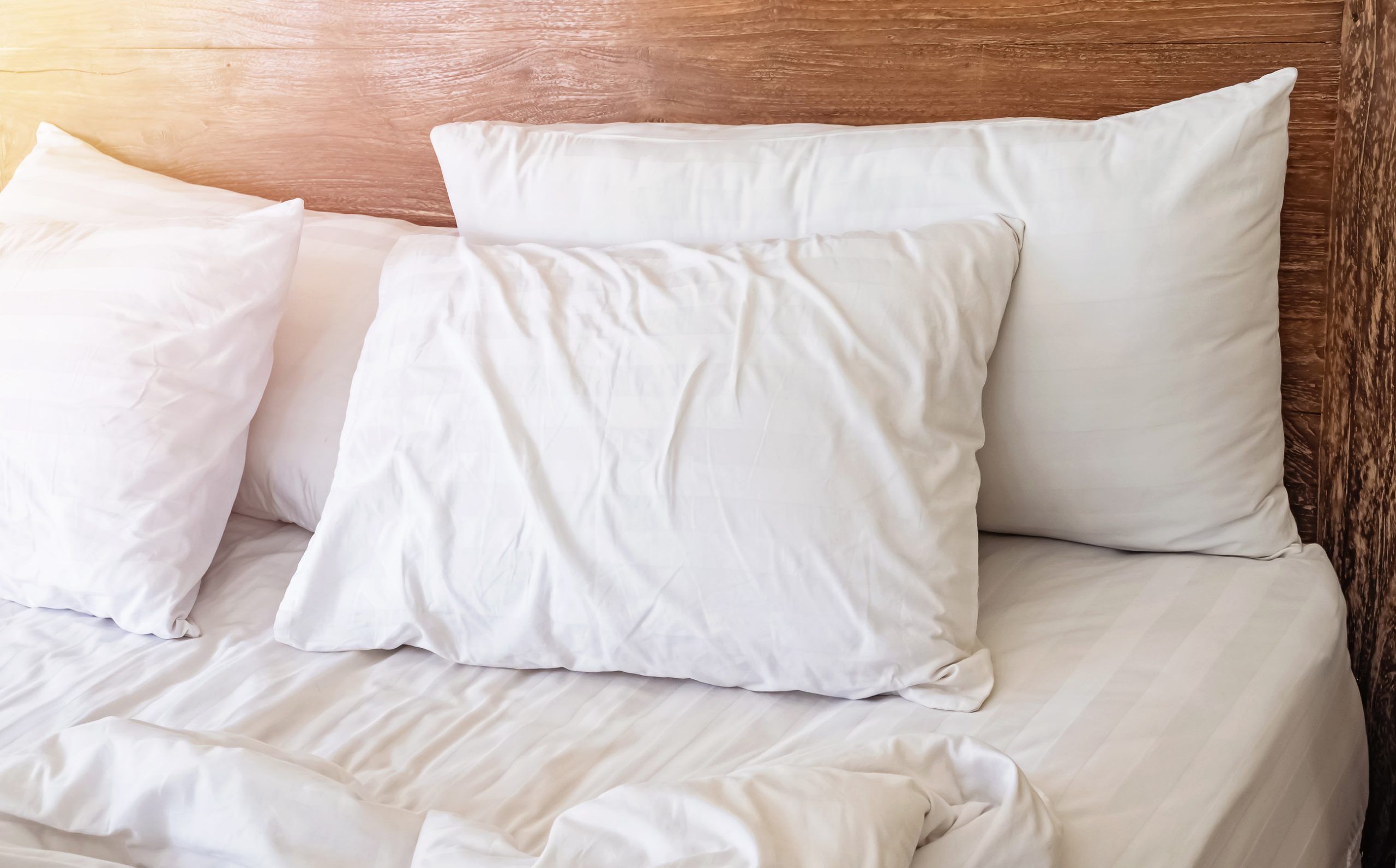Image Credit: vyshniakova/123rf.com
Pillows play a crucial role in ensuring a good night’s sleep, but like many household items, they have a limited lifespan. On average, it is recommended that pillows be replaced every one to three years, depending on usage, maintenance, and material quality.
The longevity of a pillow varies significantly by type. For instance, solid memory foam pillows, known for their ability to retain shape, can last three to five years with proper care. Hybrid pillows, made from a blend of memory and latex foam, share a similar lifespan. In contrast, latex foam pillows are durable and can remain supportive for two to four years. Down or feather pillows, which are soft and shape-conforming, typically last one to three years but require diligent cleaning to maintain their integrity. Synthetic fiberfill options, often made from polyester, need to be replaced most frequently, usually within one to two years.
Replacing pillows is vital for maintaining proper support during sleep. Over time, pillows accumulate sweat, oils, and allergens, which can lead to deterioration in their structure and hygiene. When a pillow begins to lose its support, it can result in poor sleep quality and potential neck pain.
Signs that indicate it might be time for a new pillow include a lack of bounce-back when folded, lumps or uneven filling, unpleasant odors that persist despite washing, and permanent stains that suggest the filling has degraded.
To extend the lifespan of pillows, several maintenance tips can be followed. Using a protective cover in addition to a regular pillowcase can help reduce allergens. Changing pillowcases weekly—or more frequently for those who sweat or use heavy hair products—can also aid in hygiene. Additionally, avoiding going to bed with wet hair can prevent moisture buildup, and regularly fluffing pillows in the dryer can help eliminate dust.
In summary, being aware of when to replace a pillow can significantly impact sleep quality and overall health. Regular maintenance and timely replacements will ensure that pillows continue to provide the necessary support for restful sleep.
Check out the original article here: Source link



